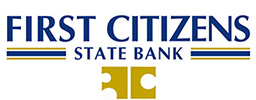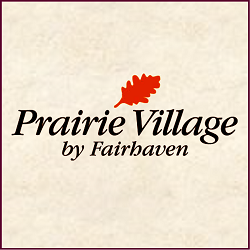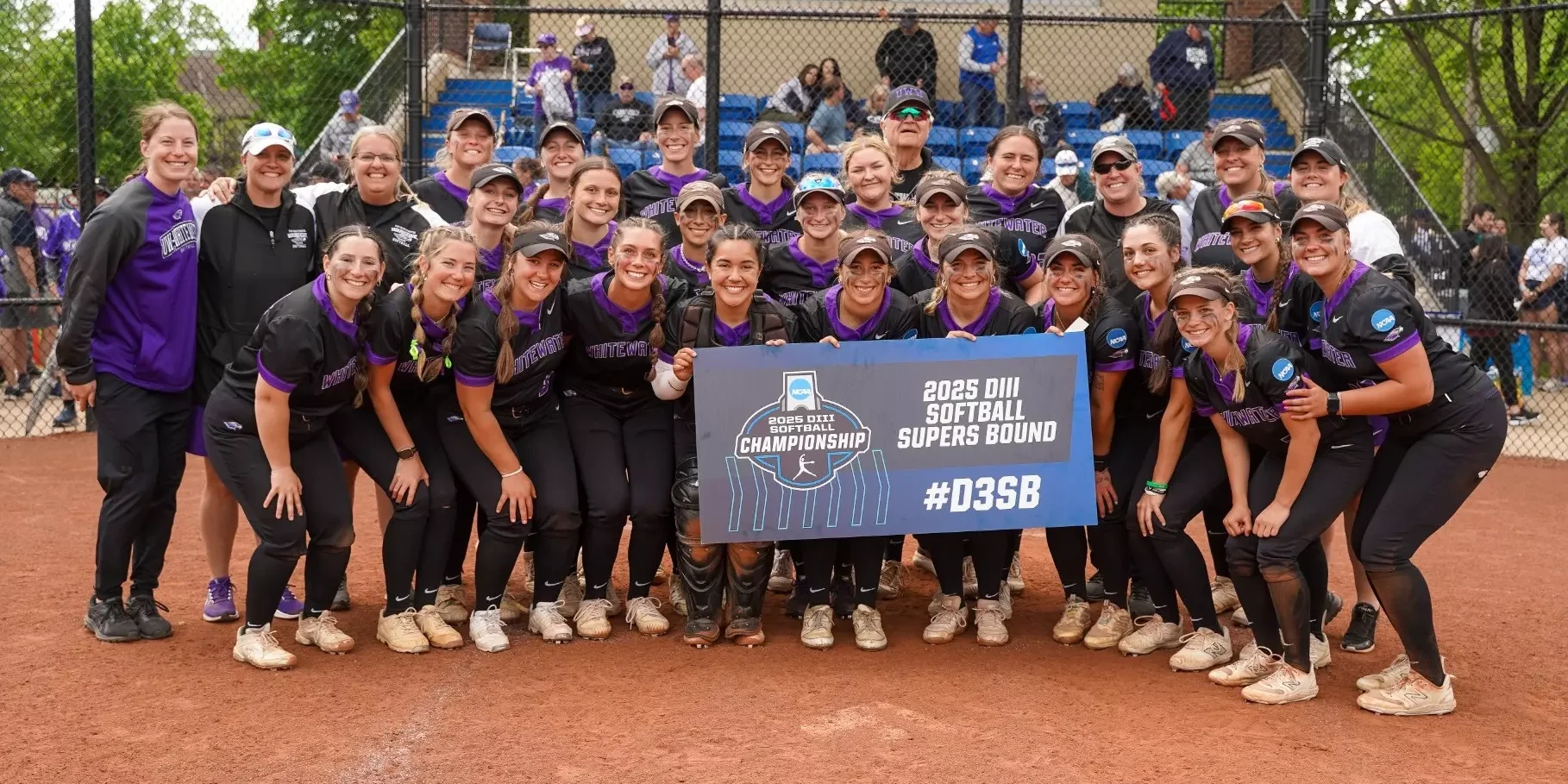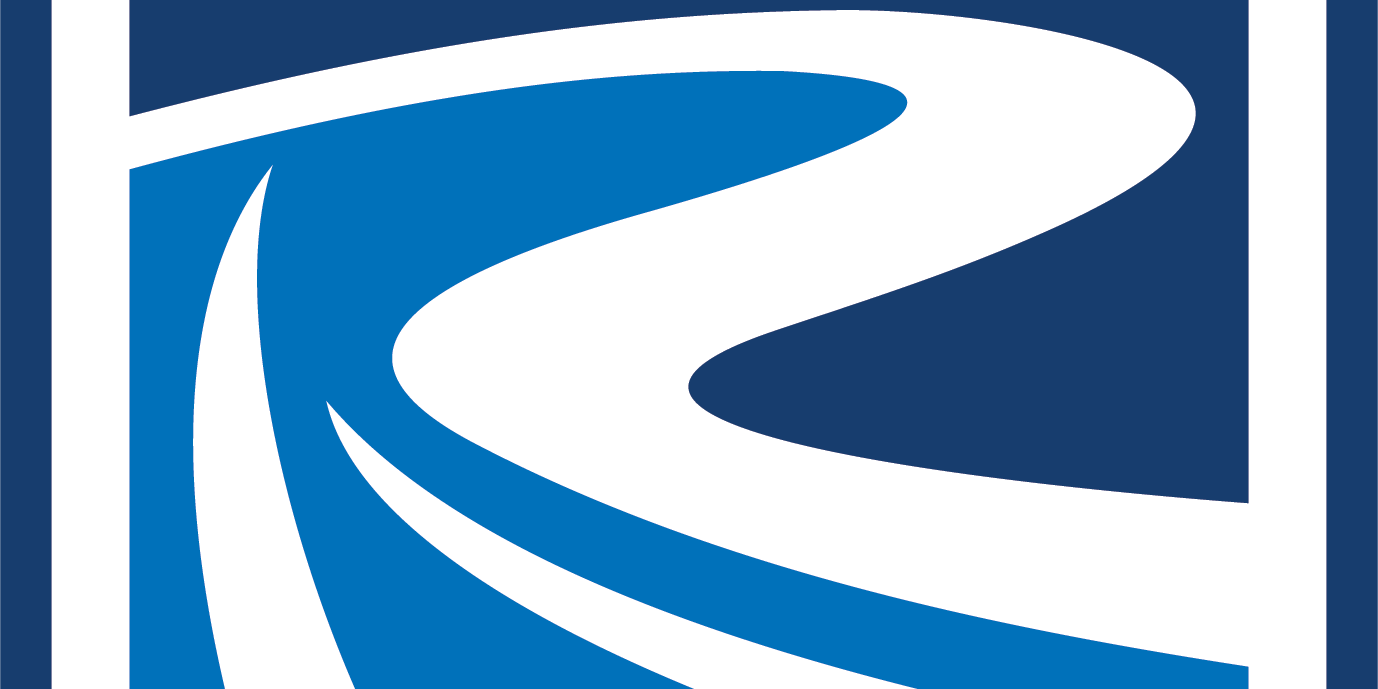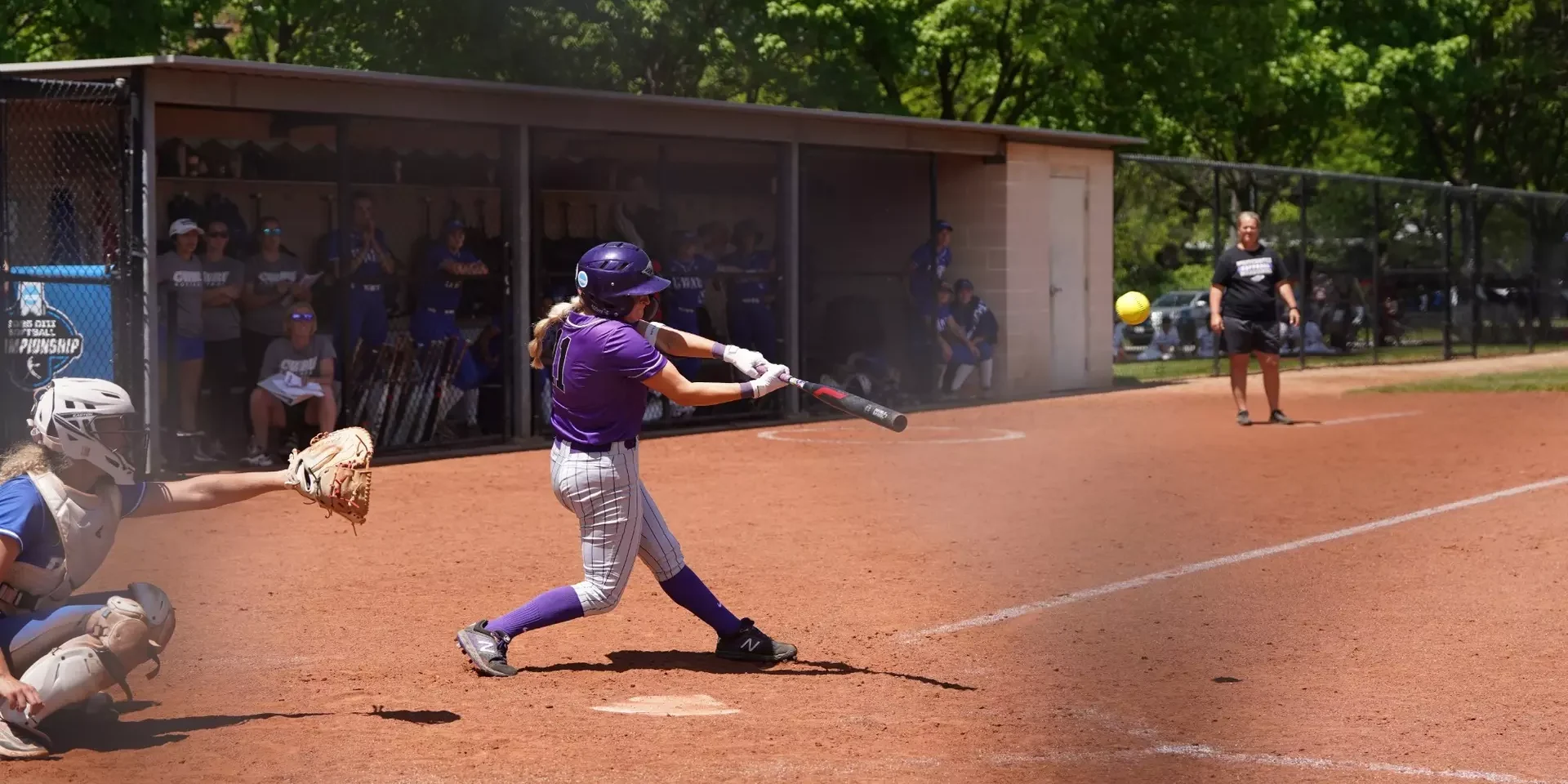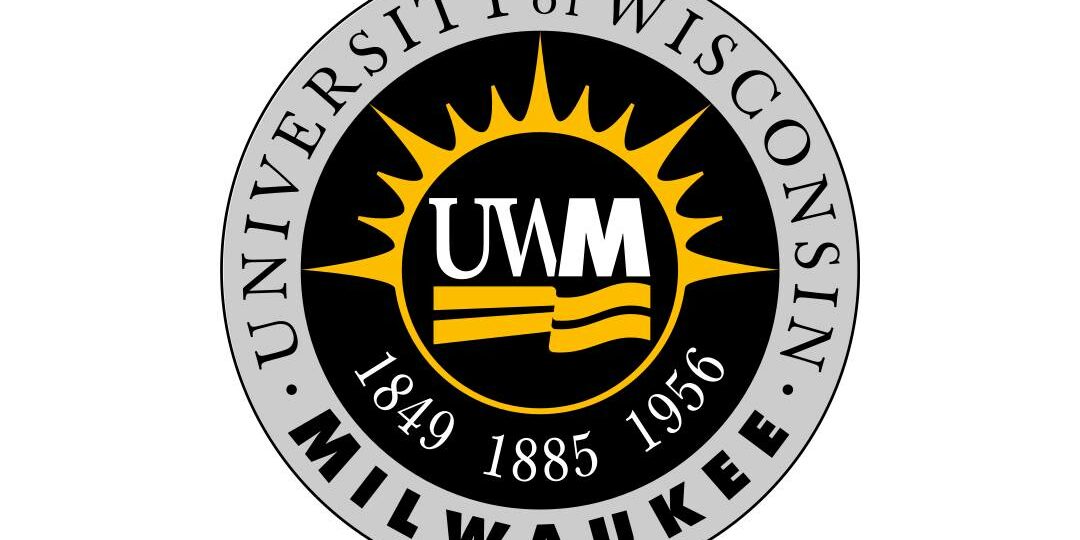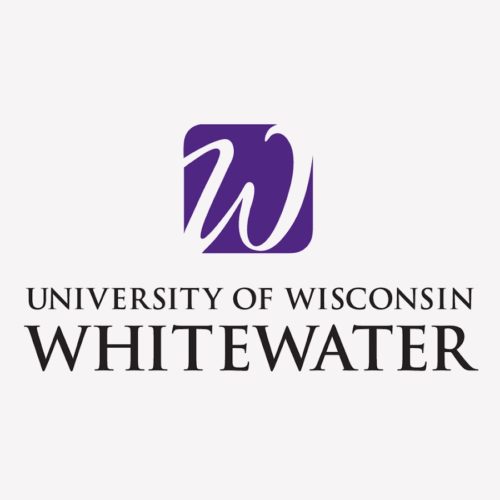
Students at the University of Wisconsin-Whitewater have the option of a new Master of Science in Instructional Design and Learning Technology, beginning in fall 2020.
Based in the university’s College of Education and Professional Studies, the new fully online master’s degree will allow professionals to remain in their work roles and learn what is needed to design and develop learning experiences they will be able to deliver in various modes, such as face-to-face, blended and online, in training and education across industries. Graduates will be equipped for positions that often require a master’s degree as a baseline for entry or advancement, including training developer, instructional design specialist, learning experience designer, learning technology consultant, learning and development manager and director of learning technology.
To earn the master’s degree, students will complete their choice of three of four available certificates — Foundations of Learning Design, Producing Effective Learning Experiences, Emerging Technology for Digital Learning, and Leadership in Instructional Design and Learning Technology — and a three-credit capstone experience that will feature career planning, personalized mentorship from a leader in the field, and completion of a portfolio showcasing real-world projects developed in their coursework. Certificates can be earned as stand-alone credentials if a student does not wish to earn the degree.
Elizabeth King, associate professor and department chair of educational foundations, is a member of the team that has been working to develop the new program.
“We designed this online program for people seeking to enter this dynamic field and for people already in learning technology — whether in higher education, healthcare, business, or PreK-12 — to be able to ‘upskill,’ to gain different skills in interactive learning activities,” said King. “As we developed the program, research told us there was a strong preference for learning from practicing professionals and that the program needed to be both rigorous and practical.”
Nicole Weber, director of learning technology for Instructional, Communication and Information Technology at UW-Whitewater and a partner in the program, agreed.
“We developed the program by analyzing position descriptions from the region and across the U.S. and integrated the top skills we were seeing into the courses. This ensures that students who leave the program will be well-situated to not only contribute to the field, but lead it,” she said. “A staple of our program will be providing our students with hands-on experiences and real-world projects through partnerships with our innovative Learning Technology Center and industry partners.”
“We are also focused on key employability skills like communication, collaboration and problem solving, as well as critical and creative thinking,” added Weber.
King added, “The program is designed to purposefully connect students with employment opportunities and to ensure they are prepared not just for where the field is today but 5 to 10 years ahead.”
Those interested in the master’s degree program can contact Elizabeth King, associate professor and chair of the Department of Educational Foundations, at kinge@uww.edu.

